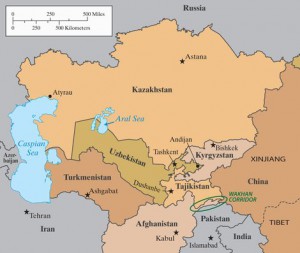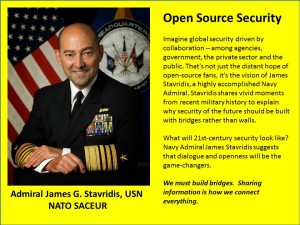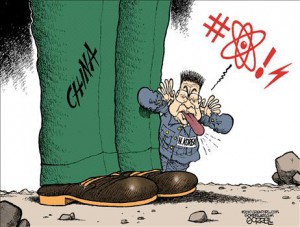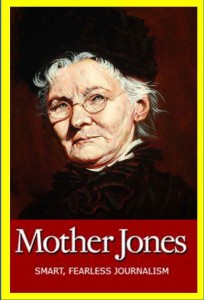
使用谷歌翻译在下一列的顶部。
गूगल अगले स्तंभ के शीर्ष पर अनुवाद का प्रयोग करें.
Google sonraki sütunun üstünde Çevir kullanın.
Используйте Google Translate на вершине соседней колонке.
گوگل اگلے کالم میں سب سے اوپر ترجمہ کا استعمال کریں.
What Afghanistan Needs After 2014: A lighter, smarter, long-term commitment
Gianni Koshinas
Foreign Policy, 12 February 2013
Maintaining a large military presence in Afghanistan is not in the strategic interests of either the U.S. or the Afghan government. It does not help the United States accomplish its long-term goal of countering terrorism from the Afghanistan-Pakistan region, nor its short-term goal of helping Afghanistan achieve stability and self-reliance in fighting insurgency. It is also economically unsustainable. However, retaining a smaller, lighter, residual presence in Afghanistan is critical to U.S. strategy and vital to core U.S. interests.
Additionally, U.S. strategy in Afghanistan must be based on a vision that goes out decades: Considering only short-term goals amounts to strategic myopia, unworthy of the sacrifices made by almost 2,200 U.S. service members in Afghanistan alone.
A Case for Lighter, Smarter, Long-term Residual Presence
With Osama Bin Laden dead and al-Qaeda's capabilities diminished in the Af-Pak region, the immediate threat of attacks on the U.S. from the region has greatly diminished. But the ingredients that could help Al Qaeda regenerate in the next decade remain, and thus the mission endures.
In fact, the “surge” of U.S. troops in Afghanistan in 2009 had little to do with bin Laden; rather, it was an attempt to rescue the failing mission of stabilizing Afghanistan. Bin Laden was hunted and killed not by the surge, but by a small, specialized group, the likes of which I argue should remain in Afghanistan to monitor and guard against the long-term threat of terrorist cells.
More importantly, a comprehensive counter-terrorism strategy must include the training of the Afghan National Security Forces (ANSF) to counter domestic threats. But this will take significantly longer than estimates suggest. As such, the U.S. must alter its stated strategy in Afghanistan to consider the training and equipping of the ANSF a key element of its plan to counter threats, and support Afghanistan in its domestic fight against terrorists that, left unchecked, could re-emerge. The numbers of trainers must be kept low and should not be outsourced to contractors. Currently, the only elements specifically designed to counter insurgencies are the U.S. Special Operations Forces (SOF). Considering the nuanced task, the training force should be predominantly SOF.






